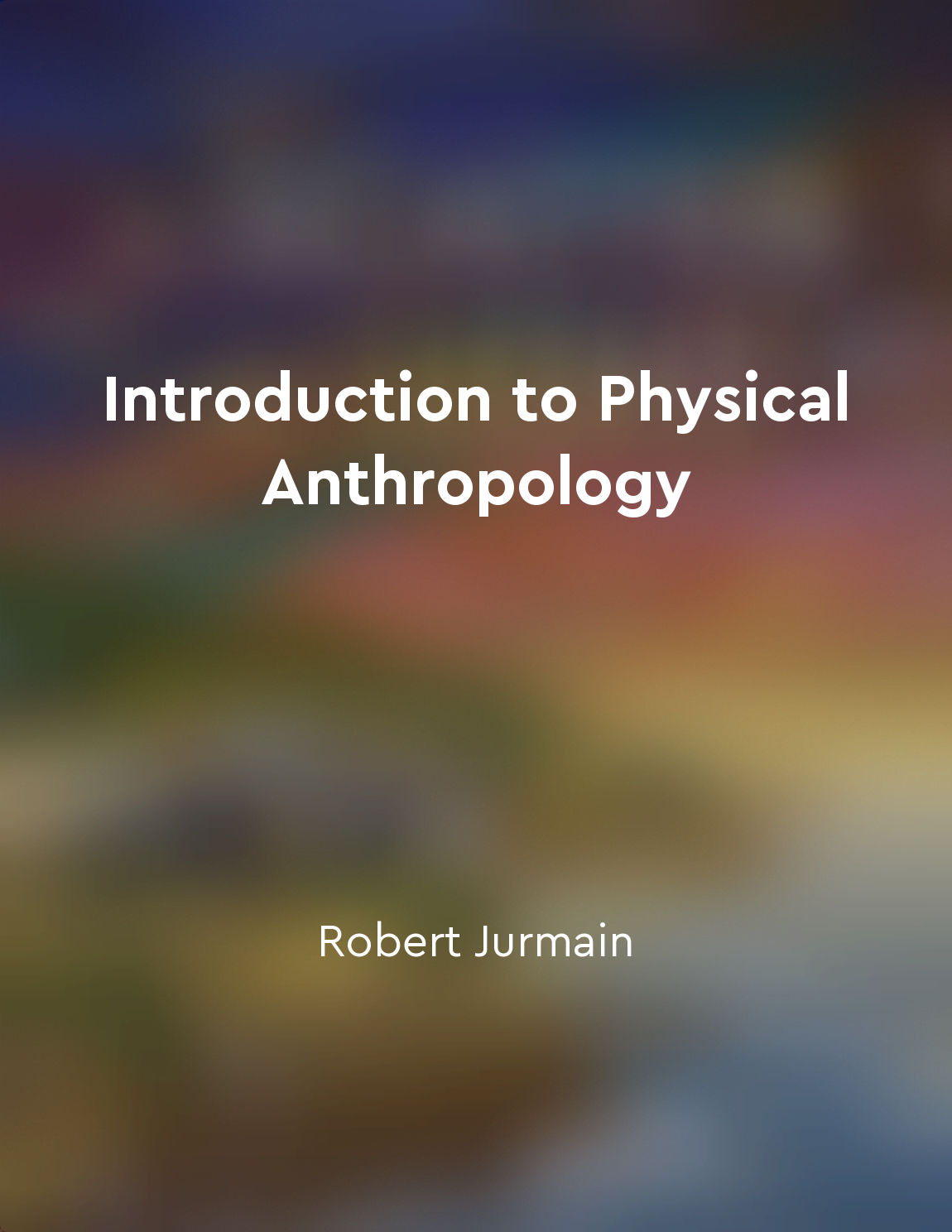Social organization varies among human societies from "summary" of Introduction to Physical Anthropology by Robert Jurmain,Lynn Kilgore,Wenda Trevathan,Russell L. Ciochon,Eric J. Bartelink
Social organization is a fundamental aspect of human societies, shaping how individuals interact with one another and how groups function as a whole. Across different societies, social organization can vary significantly, reflecting the unique cultural beliefs, values, and practices of each group. This variation is evident in the ways in which societies are structured, the roles and responsibilities assigned to individuals, and the rules that govern social interactions. One key factor that influences social organization is the size of a society. In small-scale societies, such as hunter-gatherer groups, social organization is often characterized by close-knit kinship ties and a relatively egalitarian distribution of power. In contrast, larger societies, such as modern nation-states, may have more complex social structures, with hierarchies of authority and specialized roles for individuals. Another important aspect of social organization is the division of labor ...Similar Posts
Men often struggle to express emotions openly
It's no secret that when it comes to expressing emotions, men often find themselves at a loss for words. For many men, the idea...
Work can be a source of stress
Work, that age-old activity that occupies so much of our waking hours, can be a double-edged sword. On the one hand, it provide...
Deindividuation can lead to reduced selfawareness and inhibition
Deindividuation refers to a psychological state in which individuals lose their sense of personal identity and, as a result, be...
Proximity to trade routes influences development
The location of a society relative to trade routes can have a profound impact on its development. Access to trade routes means ...
Power dynamics can be shaped by cultural and societal norms
Power dynamics are not static; they can shift and change depending on the cultural and societal norms that are at play. These n...
Transition to alternative energy sources is necessary for sustainability
Transitioning to alternative energy sources is essential for ensuring the long-term sustainability of human civilization. As we...
Respecting each other's roles is vital
In order for working parents to thrive as a family unit, it is essential that they respect each other's roles within the househ...
Human potential is limitless and yet untapped
In the depths of every human being lies an untapped reservoir of potential waiting to be released. The vast capabilities that e...
Transportation methods innovate
The future of transportation will be defined by innovation. From self-driving cars to flying taxis, the way we move from place ...
Trauma can impact sexual health
Trauma, whether it be physical, emotional, or psychological, can have a profound impact on an individual's sexual health. When ...

